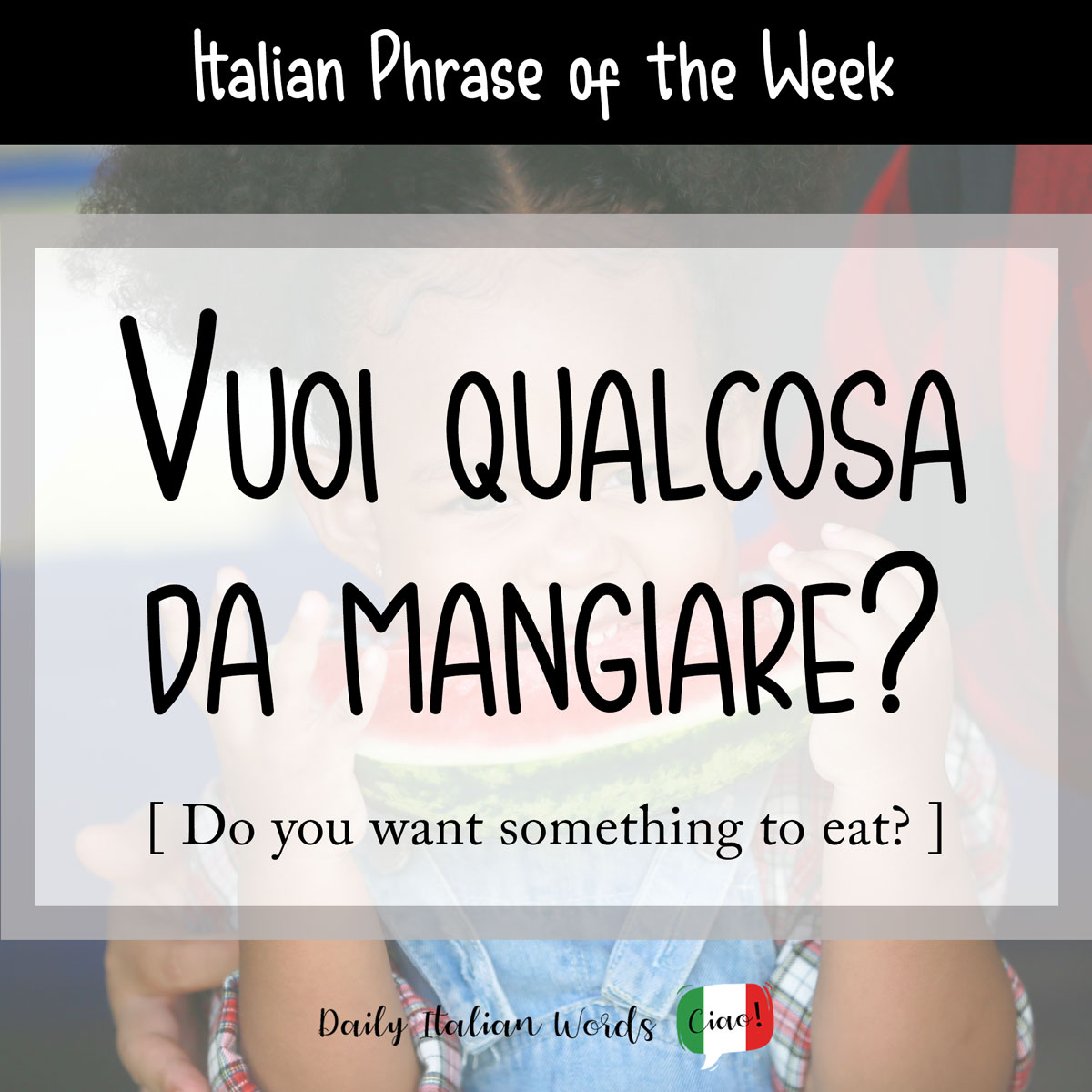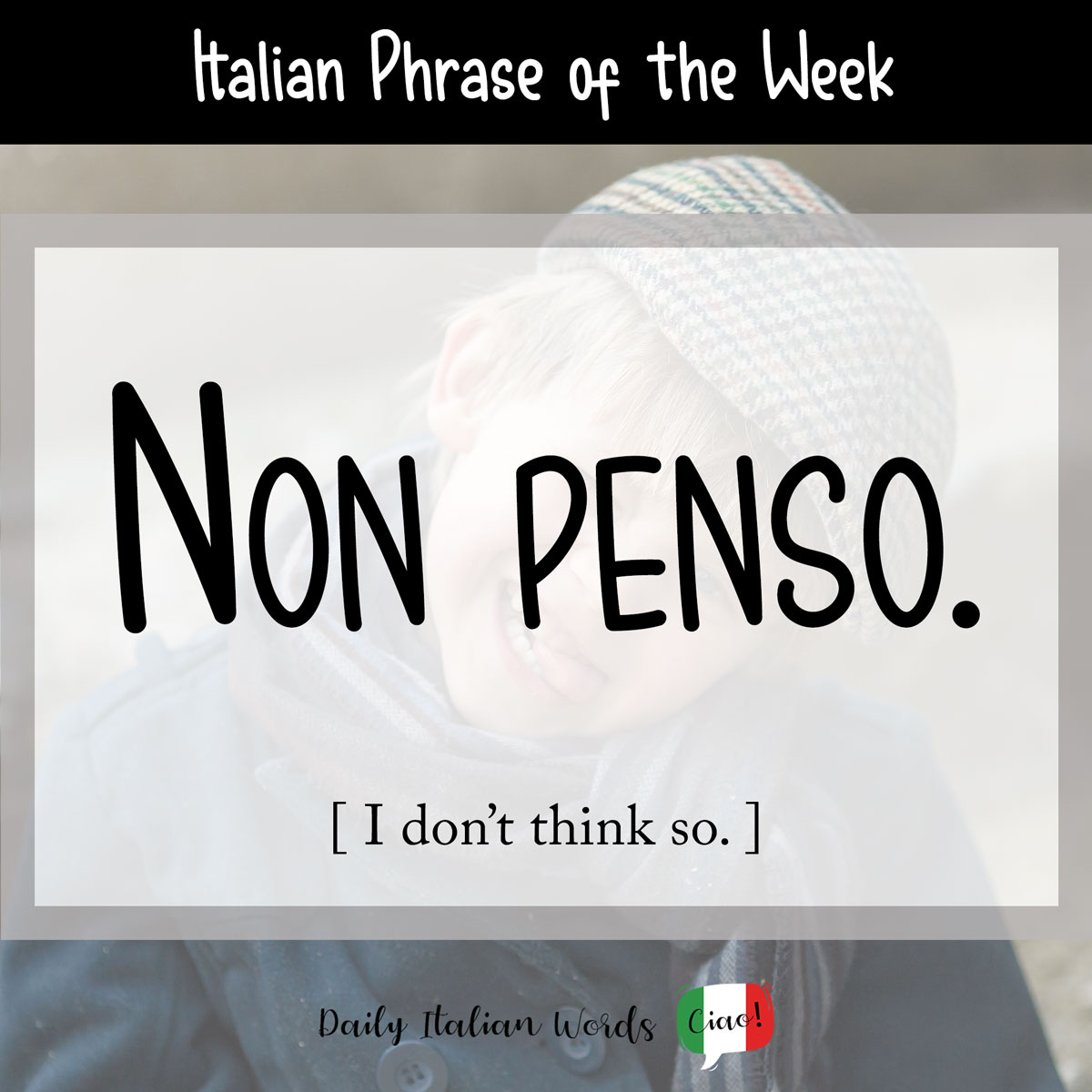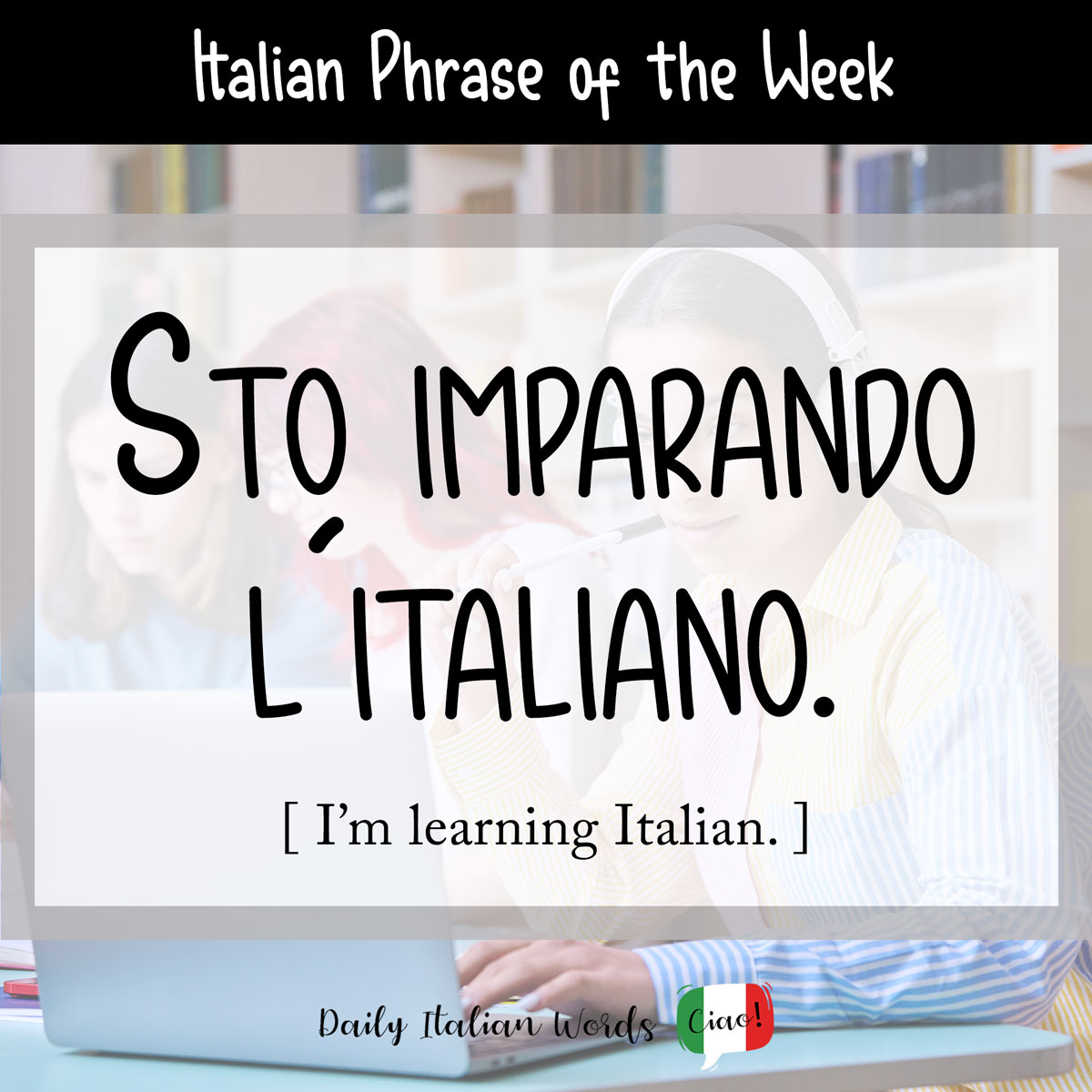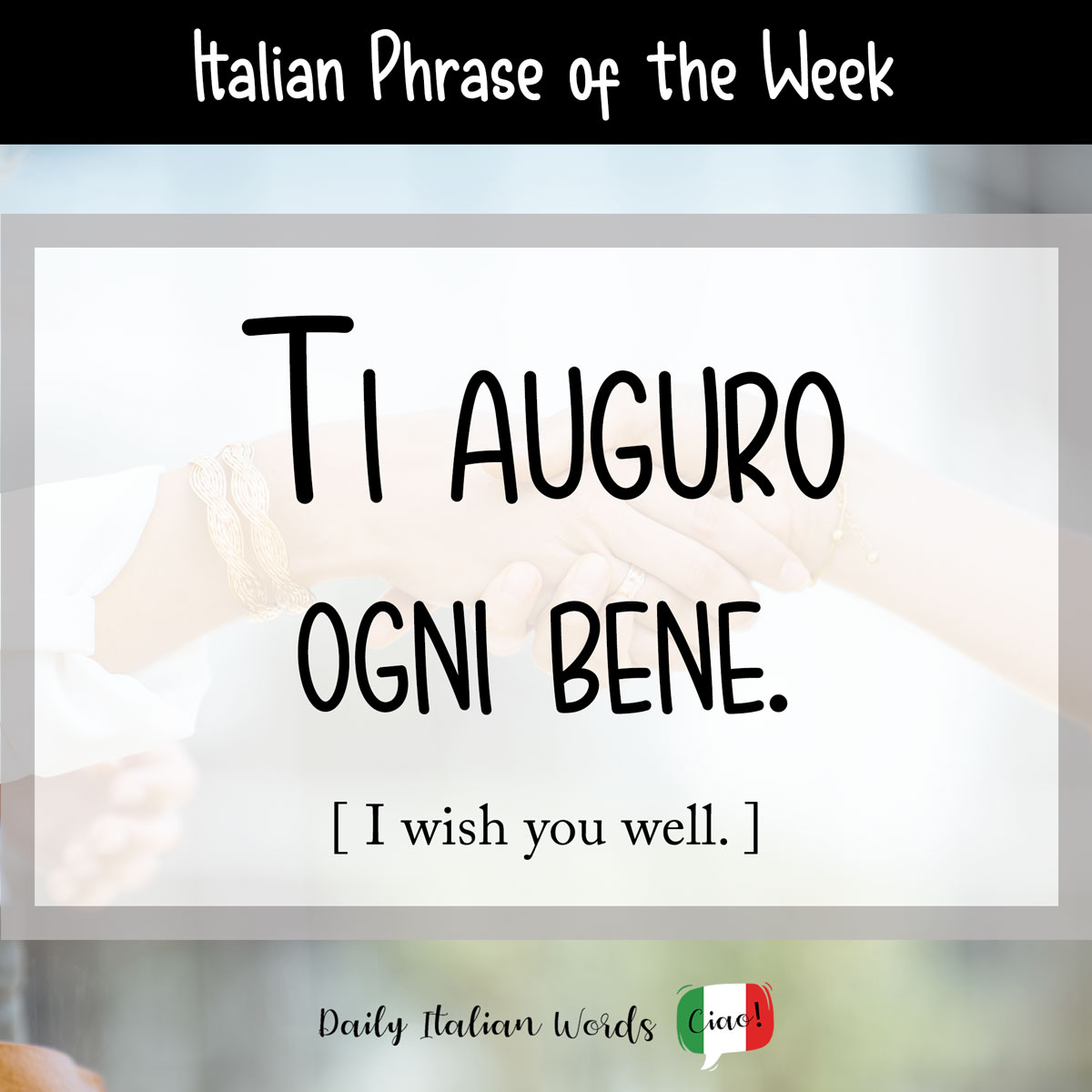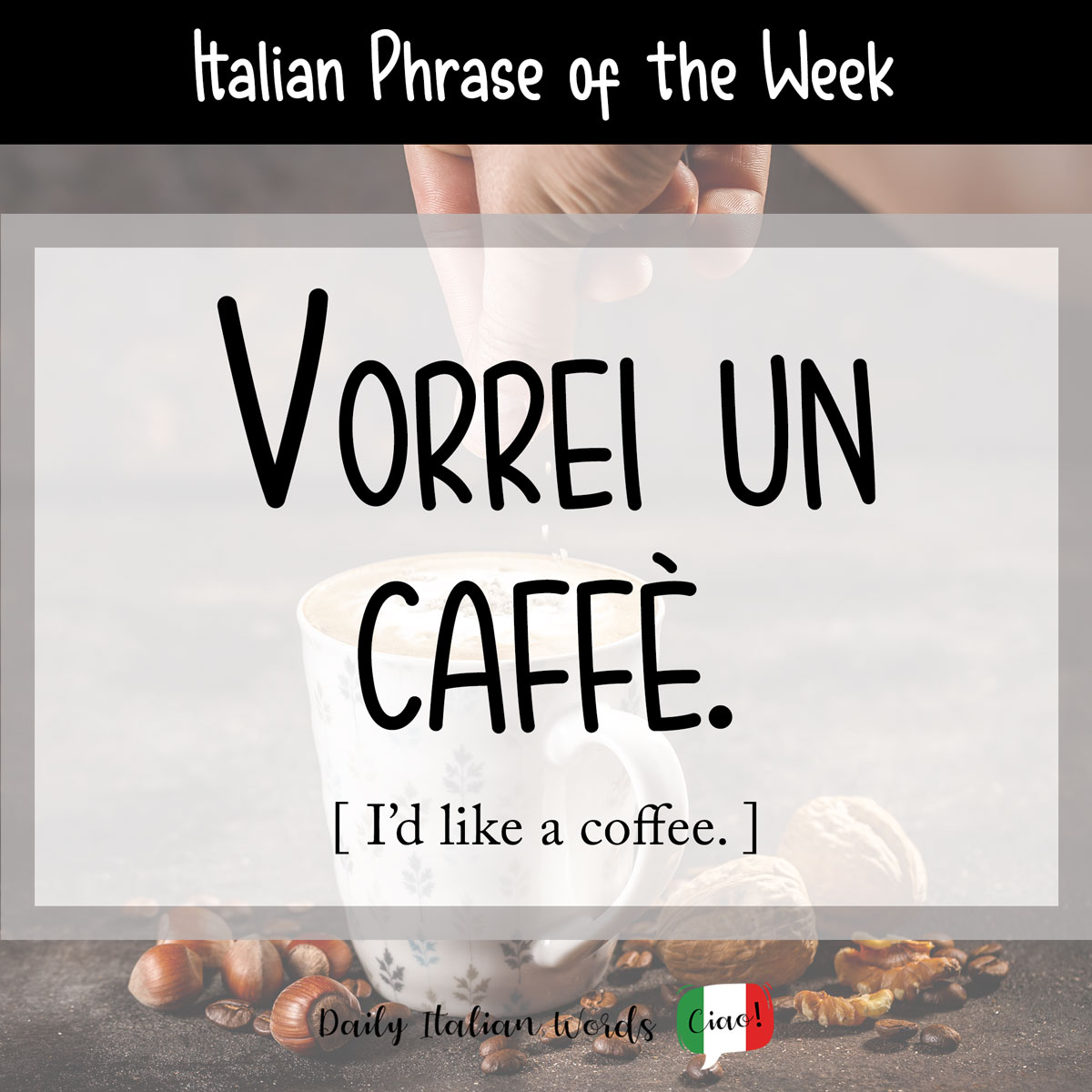Italian Phrase: Vuoi qualcosa da mangiare? (Do you want something to eat?)
A question you can expect to hear when visiting friends and family in Italy is Vuoi qualcosa da mangiare? which translates as Do you want something to eat? Vuoi qualcosa da mangiare? Do you want something to eat? Let’s take a quick look at the four words that make up this phrase: vuoi Vuoi is …

